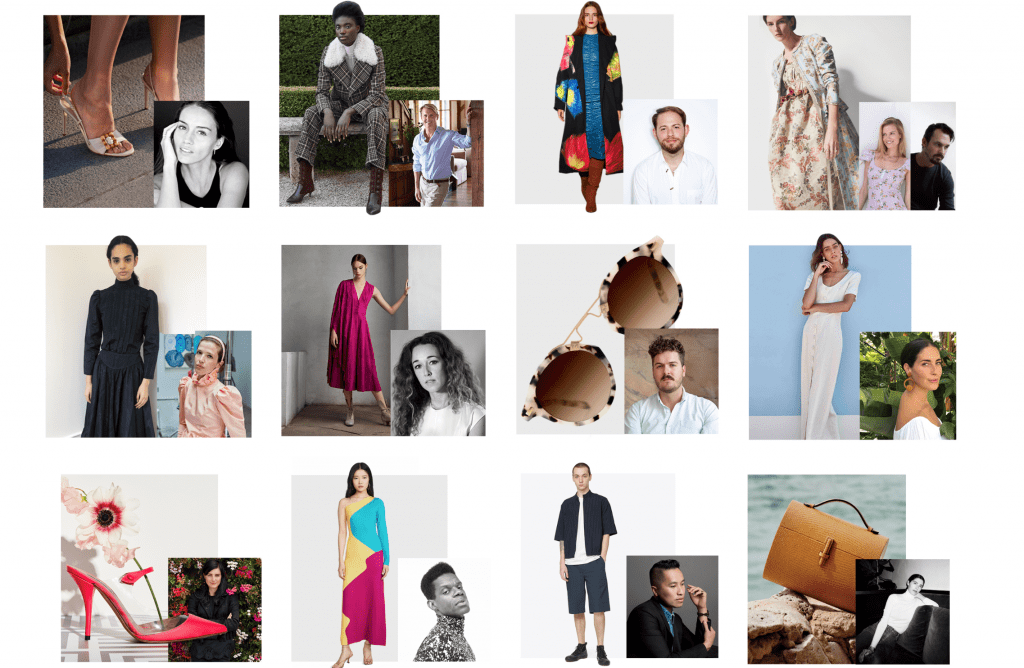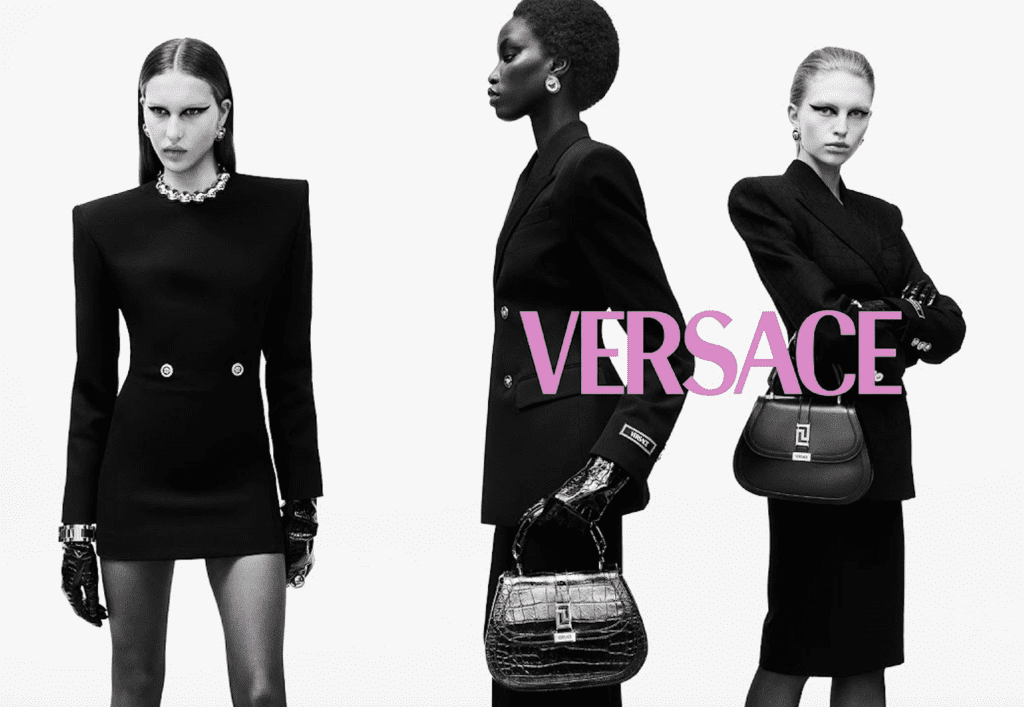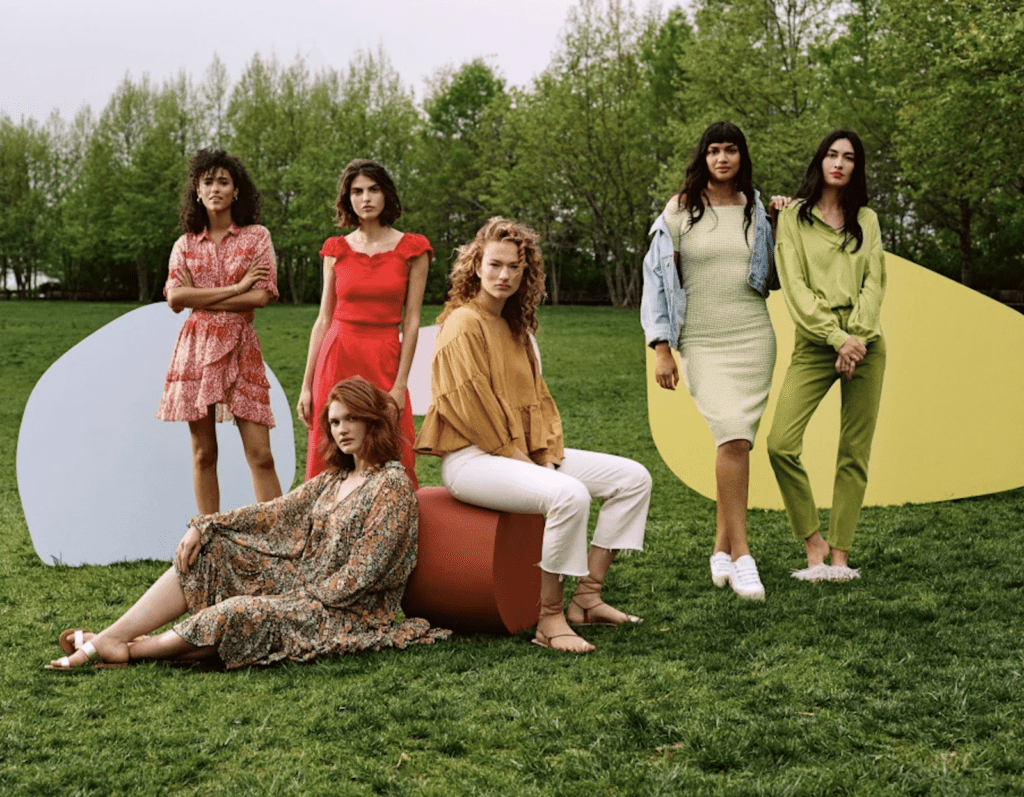Amazon, having, for years, expressed intentions to infiltrate the fashion industry in a meaningful way and largely coming up short, has finally found a way in. With the continued spread of the COVID-19 virus, the fashion industry – one that is heavily dependent on brick-and-mortar retail foot traffic and discretionary spending – is struggling. So, Amazon, the world’s largest e-commerce retailer, is partnering with Vogue and fashion trade organization, the Council of Fashion Designers of America “(CFDA”), to support designers at a time when they are particularly vulnerable.
In furtherance of the newly-formed endeavor, Amazon is putting up some cash, donating $500,000 to Vogue and the CFDA’s “Common Threads” fundraising initiative, but the more interesting part of the equation is what else it is doing: the $1 trillion e-commerce titan is offering up a digital storefront for designers.
The digital storefront, which, as of Thursday, enables consumers to purchase participating brands’ spring collections (with some designers offering archival pieces, as well) is hosted by Amazon. Participating designers – including Batsheva, Chloe Gosselin, Derek Lam 10 Crosby, Jonathan Cohen, Tabitha Simmons, and Victor Glemaud, among others – “can choose what inventory to sell on Amazon (most likely a mix of current and past stock), and control their own pricing and imagery,” the New York Times’ Vanessa Friedman revealed on Thursday. “They can opt to use Amazon’s fulfillment platform or do the fulfillment themselves.” While “the standard third party selling fees — typically around 17 percent — apply,” Amazon has reportedly “agreed to eliminate monthly fees, warehouse fees and packaging fees for the initiative.”
Vogue stated in its announcement of the venture that “the primary goal of the store is to provide another avenue for designers to generate income during the pandemic,” particularly in light of mandated store closures across the U.S. and beyond. Additionally, as Friedman notes, “whether they like it or not, designers, especially small ones, have no real choice: they need to move their existing inventory, and they need a partner with the logistics to do it, and one that has access to an enormous ready-made consumer base.”
That is what is in it for the participating designers, and given the reach and capabilities of the behemoth that is Jeff Bezos’ business, designers have a lot to gain from a practical standpoint.
But the bigger win here very well may be for Amazon, which has tried (by way of its private apparel brands), and tried (by entering into partnerships with the likes of more mainstream fashion brands Calvin Klein, Michael Kors, Kate Spade, and Rebecca Minkoff), and tried again (in the form of acquisitions, bringing companies like Shopbop under its umbrella) to infiltrate the fashion industry, only to be largely shunned by the real powers that be.
Initially facilitated by the CFDA and Vogue, and not Amazon because Amazon “doesn’t have much of a relationship with many of these brands,” Batsheva Hay, the founder of buzzy young label Batsheva, told the Times, the program now means that Amazon has a stable of designers offering up their wares on its site.
To say that Amazon has not had relationship with brands is something of an understatement, as for the most past, it has been met with pushback by those within the fashion segment. Both Swatch and Birkenstock, for instance, have publicly disavowed Amazon, pointing to its alleged unwillingness to proactively police its platform for counterfeits. (Amazon has, of course, denied such claims, arguing that the brands were conflating unauthorized (but authentic) goods with fakes).
Such anti-Amazon sentiment is not limited to the likes of Birkenstock, though. As recently as January, LVMH Moët Hennessy Louis Vuitton chairman Bernard Arnault had some choice words about Amazon, saying that it is “absolutely right” that his sweeping luxury goods venture will not be part of the high-end platform that Amazon is said to be readying, and pointed to the prevalence of “counterfeits” as a key part of the issue.
Speaking specifically about the Seattle-based e-commerce titan, Arnault – who maintains the title of the second richest man in the world, following only behind Bezos – asserted that where the $1 trillion e-commerce giant makes money is its vast third-party marketplace of products, in which “they don’t own the stock, [and] they don’t own the inventory.” Instead, he declared, “They use their database to provide customers to other merchants that take a commission, and that … is how they sell counterfeits.”
Arnault’s remarks during the January earnings conference call were hardly the first time that the Paris-based group, the largest luxury goods player in the world, had strong words about Amazon. In 2016, LVMH chief financial officer Jean-Jacques Guiony told investors that there is “no way we can do business with [Amazon] for the time being,” stating that the “business of Amazon does not fit with LVMH full stop and it does not fit with our brands,” which include fashion houses like Louis Vuitton, Dior, Givenchy, Celine, and Fendi, among others. “If they change the business model, I don’t know, but with the existing business model, there is no way we can do business with them for the time being.”
Most other luxury groups seem to share the same sentiment, as none of them are rushing to engage with Amazon. The new initiative with Vogue and the CFDA very may help the retail colossus to turn the tides in its favor. In the meantime, the initiative is adding the $500,000 that Amazon donated to the larger pool of $4.1 million that it had raised as of late April, which is will distribute in grants to eligible American fashion brands, whose businesses are struggling in light of the COVID-19 landscape.











